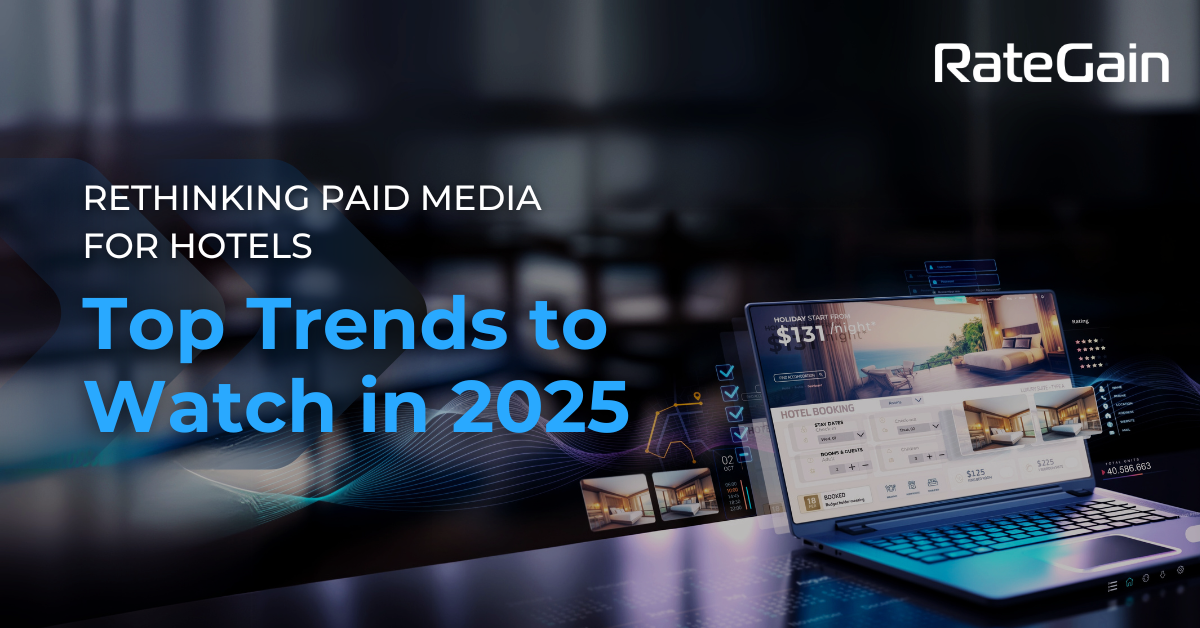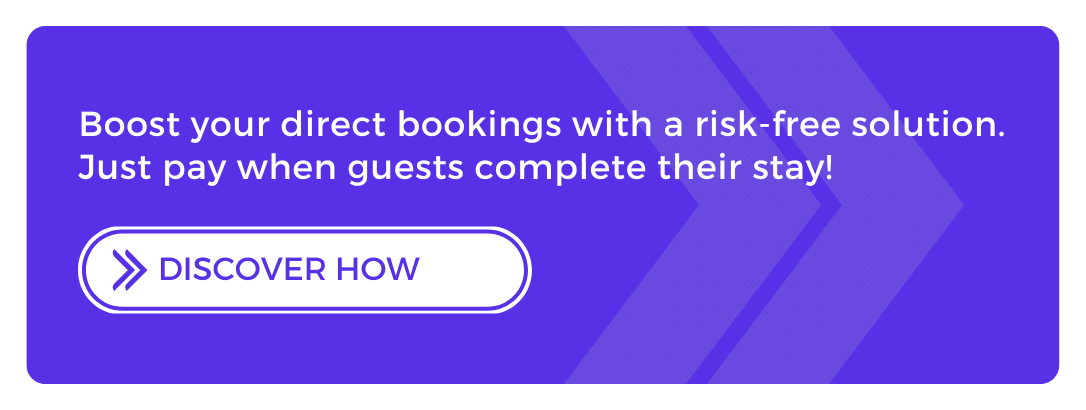Hotel marketers, take a deep breath – 2024 is a whirlwind, isn’t it?
Artificial intelligence has officially moved from buzzword to business as usual, with tools like Google’s Gemini and Microsoft’s Copilot changing the way we create ads, manage campaigns and even analyze performance.
The privacy update threw another curveball, with third-party cookies trying to fade away, but then Google reversed its decision and the platform rolled out new privacy-friendly targeting solutions.
Oh, and let’s not forget that TikTok and Reddit upgraded their advertising platforms, making them significant players looking to diversify advertisers beyond Google and Facebook.
Then there’s the Google AI-generated search overview. If you haven’t seen them yet, they’ve changed how ads appear in search results, adding a new dynamic to a space we thought we had figured out.
Basically, the industry isn’t slowing down this year — it’s accelerating.
As we move into 2025, our message is clear: standing still is not an option. Platforms are constantly evolving, consumer behavior is changing, and if you don’t test, adapt, and optimize, you’ll fall behind.
This is especially important for hoteliers. Research shows that today’s travelers visit an average of 277 web pages before booking a trip, up from just 38 websites in 2013. The booking process has become a marathon as consumers spend more than 5 hours in 45 days researching travel. Your marketing strategy needs to simplify this experience, capture attention across touchpoints, and drive value to stay competitive.
Whether leaning into artificial intelligence, rethinking positioning, or getting smarter about ad spend, here are seven ways hotel marketers can upgrade their paid media strategies in 2025.
1. Use conversational artificial intelligence for advertising creation
Conversational AI tools like Google’s Gemini and Microsoft’s Copilot allow hotel marketers to interactively create and optimize ads.
First, test using AI-generated ad copy on platforms like Google Ads. Let AI come up with new variations from standard calls to action to more benefit-driven or storytelling formats. This helps resonate with travelers who are exhausted from repeated booking searches.
AI also personalizes ads at scale by leveraging location or interest-based insights. For example, target adventure seekers with ads highlighting local excursions, while tailoring separate messages to business travelers.
Remember to check out Artificial Intelligence content regularly. Set aside time each month to evaluate recurring recommendations. Some AI insights may reveal opportunities you hadn’t considered.
2. Optimize ad targeting and consider data privacy
As third-party cookies decline, a privacy-centric positioning is critical. Google’s enhanced privacy features and Microsoft’s predictive audience segmentation are tools you need to master.
First, develop a strong first-party data strategy by reviewing your current data collection practices. Hoteliers can glean insights from booking engines, loyalty programs and CRM systems.
Also, please be prepared for changes to Google’s customer matching policies in January 2025. Ensure all first-party data complies with consent regulations by employing a cookie consent manager and transparency banner. Being upfront about how customer data is used builds trust and ensures access to advanced targeting capabilities.
3. Optimize AI-driven search ad placements
Google’s AI-generated search snippets are reshaping where search results appear. If you optimize correctly, these dynamic spaces can improve visibility.
- Monitor click-through rates for AI-influenced placements: Track performance differences between AI-generated SERPs and traditional SERPs to identify engagement trends.
- Create dedicated assets for the AI overview: Use concise CTAs, clear titles, and eye-catching visuals.
- Maximize performance with campaign insights: Google’s Performance Maximization campaigns help fine-tune the creative elements of AI placements across channels.
These steps can help your ads stand out as travelers jump between pages searching for the best booking options.
4. Pay attention to the integration of multi-channel marketing activities
As travelers cross OTAs, airline websites and metasearch platforms before booking, a seamless multi-channel approach is critical.
Mapping the customer journey: If travelers find inspiration on TikTok but book through Google, make sure messaging is consistent on both platforms. Each channel requires a tailored strategy—what works on Facebook won’t necessarily click on Reddit.
Measure platform-specific metrics. For TikTok, focus on completion rates and engagement; for LinkedIn, monitor message response rates. Each platform offers unique value points to complete your media mix.
5. Optimize visual effects through AI image editing
AI tools such as Canva’s integration with Google Workspace can be quickly customized for different audiences.
Create flexible templates for easy localization. For example, highlight New York skyline visuals for city travelers while showcasing seaside images for tropical resorts. AI-driven visuals increase relevancy without requiring extensive design resources.
A/B test creative assets, using AI to adjust colors, titles, or localized elements. Identify and scale high-performing visuals for use across a wider range of campaigns.
6. Develop attribution models and KPIs
In a world where travelers jump between 277 pages before booking, last-click attribution is outdated. Use Google’s Enhanced Conversions to track offline actions and Microsoft’s Attribution reporting to measure multi-channel performance.
Adjust KPIs to reflect multi-device behavior. For example:
- TikTok brand awareness campaigns should not be measured by direct conversions.
- Instead, track engagement, brand search volume, or session duration to assess long-term impact.
7. Let influencer marketing work for hotels
Influencers help simplify the confusing booking process by providing authentic recommendations. Leverage AI tools to identify niche travel influencers that align with your brand. Define cost-per-acquisition models to effectively evaluate partnerships.
Vet influencers carefully – authenticity is more important than follower count. Build partnerships with voices travelers trust to increase credibility.
Adapt and evolve in 2025
Paid media isn’t about keeping up with trends; It’s about staying ahead of the curve. With the help of artificial intelligence tools, changing privacy norms and evolving platforms, hotel marketers must rethink their strategies to simplify and enhance the booking experience.
By employing artificial intelligence, integrating marketing campaigns, and personalizing service for each traveler, you’ll turn marathon bookings into seamless journeys. The tools are ready, now it’s time to push the boundaries and drive results.








